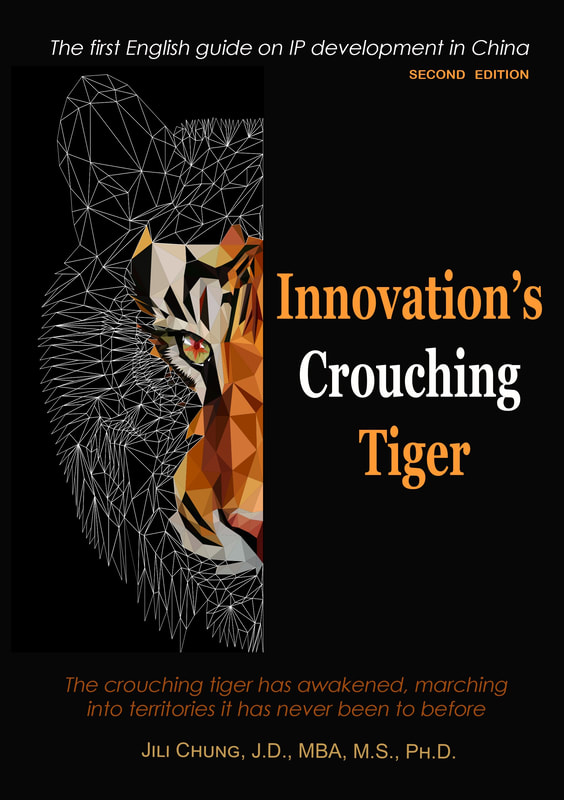Innovation and
|
US China Trade War
--- Lessons learned from my Sloan Fellows
It is October 2018, and we are sitting in E51 lecture hall at Kendall Square in Cambridge, Massachusetts. A cohort of MIT Sloan Fellows 18 (SF18) hold their breath for the coming judgment.
Tension permeates the half-tennis-court-sized amphitheater packed with dozens of passionate SF18 from 40 countries, in the prime of their careers, who just finished a heated debate. This cohort of global leaders, divided into two teams, debated over a topic assigned by then MIT Professor Alberto Cavallo, son of Argentina's ex-minister of economy Domingo Cavallo and current faculty member of Harvard Business School.
This was SF18’s final class of 15.015 Applied Macro and International Economics. The debate topic was “President Trump has often claimed that trade with China is unfair and has threatened to impose sanctions. In a trade war between the US and China, which country’s citizens lose the most?” Professor Cavallo emphasized, “We are asking about the citizens! There is no ‘right’ answer.”
Photo credit to MIT Sloan Fellow MBA Program
Although it was a heated debate, the atmosphere was just as filled with camaraderie as the other Sloan Fellow meetings. As per usual, they learned a lot from the simulation exercise, thanks to the cohort’s collective experiences, diverse perspectives, and their analytical skills, sharpened by the MIT Sloan Fellow MBA program.
The Simulation Has Come to Life But what the cohort did not expect is that the simulation would become their reality only shortly after their time at MIT. In November 2017, one month later, the US and China executed letters of intent for investment and trade deals totaling to US$250 billion. The reaction towards this diplomatic move was mixed. By the beginning of 2018, however, disputes over IP-related issues overshadowed this generally ambiguous relationship. Towards the middle of 2018, the disputes escalated into a true trade war. Since then, the situation seemed to worsen day by day under the Trump administration. The impact of the trade war spread to multiple aspects of society, including the research at MIT and Harvard. The deans from both prestigious institutions expressed their concerns about the trade war on several occasions. The debate from 15.015 has literally become reality! The SF18 cohort, now in their respective home countries, are leading their organizations to deal with the new global economic norms shaped by the trade war, and further complicated by the epidemic. How Will the Trade War Continue to Shape Our World? The epidemic may last for several years. But the trade war will last for decades. Now, the Biden administration is expected to take office, but the tension in the transition period continues to persist. This political stress is not only drawing the attention of US citizens but also of global business leaders. The reason is clear — the US’s policy changes towards foreign affairs could affect global supply chains and international trade in many aspects. One aspect in particular is in innovation and high-tech domains (such as AI, 5G, digital currency, and IC industries). How the US-China trade war evolves is likely to impact how collaboration in tech is formed between global allies. In fact, while the Trump administration transitions out, global leaders may continue to feel perplexed. As analyzed in Innovation’s Crouching Tiger, co-competition between China and the US will undoubtedly continue for decades. No matter where you are, their cooperation, disputes, debates, and both good and bad developments will remain a focus of attention as they shape almost every aspect of the global economy. No one will remain unaffected by this most intense yet unpredictable dynamic of the century.
Cover designed by Sumika Singh (SF18)
China’s integration into the global innovation arena is creating an urgent need for the global community to understand China’s innovation ecosystem, the behavior or actions of these Chinese counterparts, and the US’s reactions towards technology transfers, cybersecurity, and the protection of intellectual property.
China’s innovation ecosystem is like the epicenter to the shifting of global continental plates. Looking into this epicenter helps us to understand the new economy norms. Accordingly, observations on the changes in China’s innovation ecosystem, driven by the US-China trade war, are providing us with several important insights. For examples, such observations could lead us to see four mega trends bearing significance to the US-China trade war, and, in turn, shaping the new norms of the global economy:
Tools to Observe the Trends and Gain Insights The preceding observations are just a few examples providing global business leaders with insights to deploy their resources after the new US presidency commences. If global business leaders have a functioning tool, like a telescope, they could see through the mists and form insights based on their own observations. The attention of global business and innovation leaders have been drawn to these questions: How will these trends in China’s innovation ecosystem continue? Will these trends change again under the new US presidency? How will the rest of the world be impacted? How will young professionals, business leaders, innovation scientists, researchers, and think tanks anchor themselves and help their organizations implement effective strategies in this new era? The answers may be revealed by an effective observation tool and insights gained through it. Global innovation leaders will benefit from observing the trade war from multiple angles, just like the legendary 3-lens methodology taught at MIT Sloan School and adopted by the book Innovation’s Crouching Tiger. At the end of the day, this simulation exercise, though not real, has prepared this cohort of global leaders to make great impacts in this challenging era we are living through.
0 Comments
Leave a Reply. |
Categories
All
|



 RSS Feed
RSS Feed
